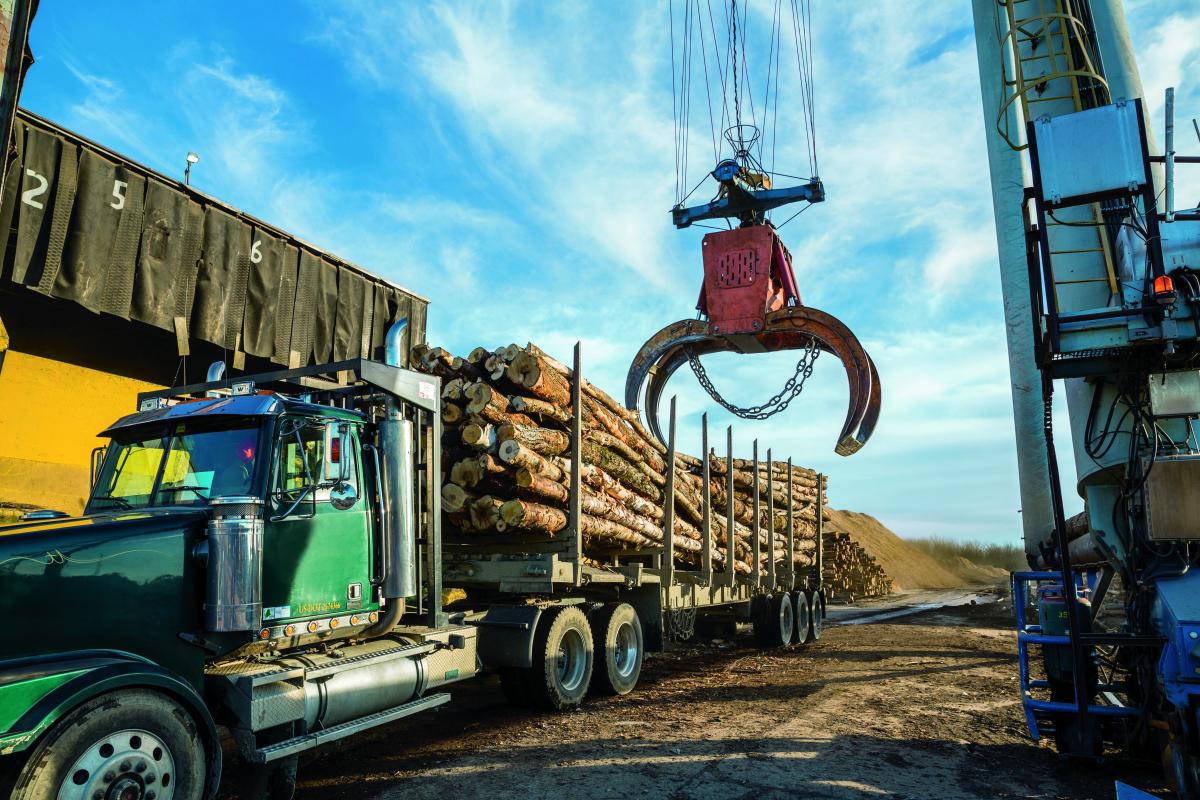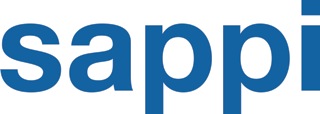Sappi North America's Environmental Responsibility: Forestry

We approach environmental responsibility from a holistic perspective grounded in life cycle thinking—looking carefully at raw material use, energy generation, manufacturing and the end of life of our products. We work across the supply chain to drive change within our spheres of influence.
Forest Legality and Traceability
In the US, a strong legal framework has shaped and upheld responsible forestry practices for generations. State and federal laws cover rightful ownership, protect water quality and wildlife habitat, protect threatened and endangered species, regulate chemical use and provide for safe harvesting and fair labor practices.
Supply chain traceability protects landowners and minimizes the risk associated with illegally harvested timber. At Sappi we record the town and state or province of origin of each load of wood received at our mills. Representative samples of the deliveries to our mills are subsequently traced backward to confirm the accuracy of the information provided.
Through a separate effort, the State of Maine requires that all timber harvests must be registered with the Maine Forest Service, which periodically inspects the operation for environmental compliance. The State of Maine also requires the use of a “trip ticket” to accompany any wood transported to market. The trip ticket identifies the owner, the place of origin and the destination of the wood. A trip ticket system is also utilized in Minnesota, supported by a random sampling process that is incorporated into our certified sourcing procedures.
Sappi Forestry Programs
The Sappi Forestry Program assists forest landowners to meet their objectives for managing their woodland. The Lake States Forestry team works with landowners in the states of Minnesota, Wisconsin and Michigan’s Upper Peninsula to develop, manage and harvest their woodlands. The Maine Forestry program does the same for landowners in Maine.
Sappi’s trained foresters are able to develop a forest management plan geared to the interests of the landowner including wildlife management and aesthetics, marketing of timber to generate maximum return, and providing an extensive network of environmental and marketing resources. Our foresters embody a breadth of credentials founded on forestry education, professional experience and ongoing education. Their professionalism is tested through licensed examinations and proof of adherence to standards of practice. To learn more, visit sappi.com/ forestry-sappi-north-america.
Sustainable Forestry Certification
Sappi North America is committed to sourcing 100 percent of our wood and market kraft pulp from well-managed forests. We are members of the Sustainable Forestry Initiative® (SFI®) as well as the Forest Stewardship Council® (FSC®)—two of the world’s leading independent non-profit organizations that are responsible for developing sustainable forestry certification programs. With less than 10 percent of the world’s forests certified to a credible standard, we support inclusive policy positions based on multiple standards. We also hold Chain of Custody certificates for SFI®, FSC® and the Programme for Endorsement of Forest Certification (PEFC). All of our graphics and packaging paper products are sold with a Chain of Custody claim, which passes along an assurance of sourcing from well-managed forests.
Celebrating Contributions of Family Forestland
Individual and family-owned land accounts for more than one-third of all land across the United States. These lands are owned by more than 22 million individual owners and the U.S. Forest Service estimates that more than half of the wood harvested for the wood products industry originates in family-owned forests. While these landowners may have management plans in place, in most cases there is no formal chain of custody certification to offer brand owners the supply chain assurances they seek. Therefore, through a partnership with the American Forest Foundation and the Sustainable Packaging Coalition, stakeholders across the supply chain have come together to understand challenges, and identify new methods to evaluate sustainable forest management on family-owned land. Development of a new data-driven assurance model will demonstrate how the practices and actions of landowners on individual parcels of land aggregate into a healthy forested landscape or regional ecosystem. The model could also be used to identify potential landscape-wide gaps and opportunities to enhance forest sustainability, and find practical ways for the supply chain to address them at a meaningful scale.
“Under the joint leadership of Laura Thompson of Sappi, and Rachel Goldstein of Mars Incorporated, we are working on an innovative assurance model that will ultimately drive conservation impacts in forestry. Our partnership with the Sustainable Packaging Coalition represents a unique collaboration of stakeholders from across the supply chain and offers tremendous opportunities for connecting conservation practices on family woodlands in the United States to the global marketplace.” - Sarah Crow, Senior Director of Certification, American Tree Farm System American Forest Foundation
Read more from Sappi North America's 2016 Sustainability Report here: http://bit.ly/SNA-2016SR

